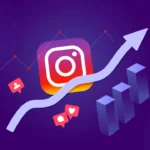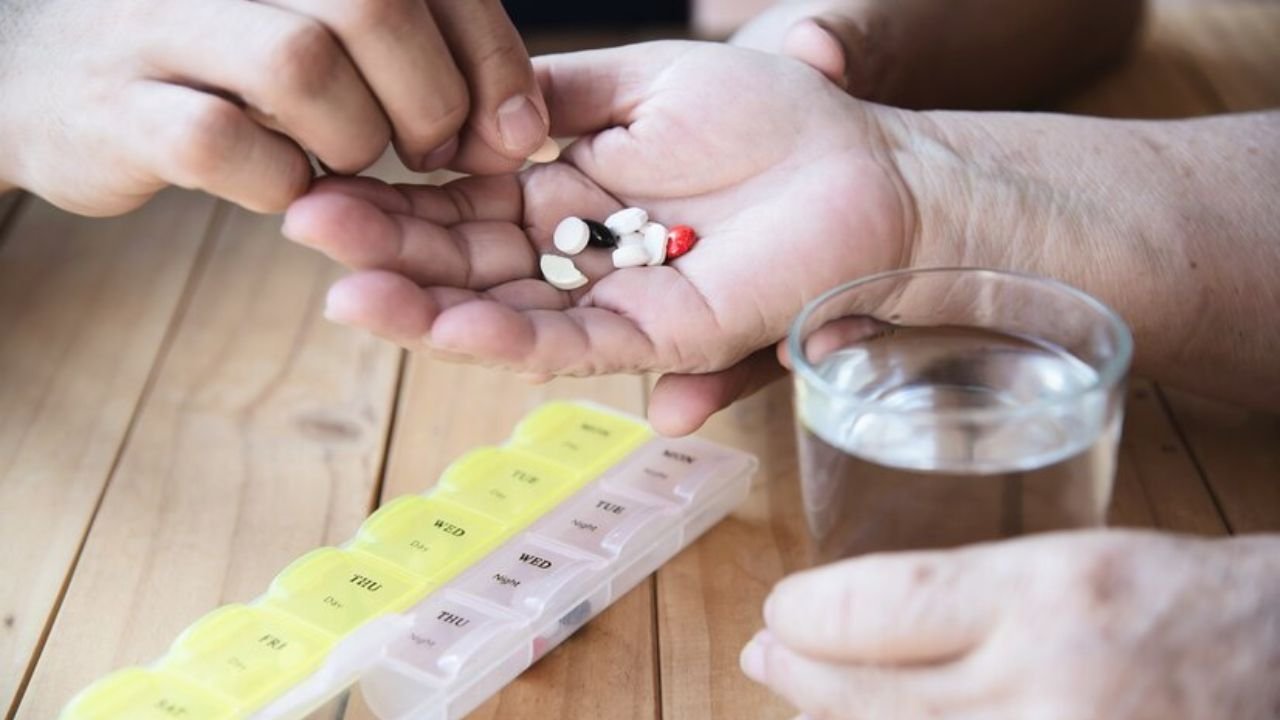Having access to trustworthy healthcare information is more important than ever in the fast-paced world of today. But not everyone has the resources or means to readily obtain this kind of knowledge. Here’s where health fair hotlines come in handy, acting as a crucial conduit between people and necessary medical resources.
What is a Health Fair Hotline?
A health fair hotline is a dedicated phone line or online resource that offers people access to a variety of healthcare services and information. It acts as a virtual center for health-related questions, counseling, and referrals, providing support to individuals in need, especially in underprivileged areas.
Benefits of Health Fair Hotlines
Health fair hotlines offer numerous advantages. First of all, they guarantee that everyone has access to essential health information, irrespective of geography or socioeconomic standing. Furthermore, they are essential in advancing health education and consciousness, enabling people to make knowledgeable decisions regarding their well-being. Finally, by providing connections between people and nearby healthcare facilities and social services, health fair hotlines encourage community involvement.
How Do Health Fair Hotlines Work?
Hotlines for health fairs use a variety of strategies to function. They use phone consultations, educational materials, and internet resources to spread knowledge on a range of health-related topics. Furthermore, qualified experts offer individualized advice and support, counseling, and direction on certain health issues. Additionally, by facilitating links to neighborhood organizations and healthcare providers, these hotlines make sure people get the help they require.
Importance of Health Fair Hotlines
It is impossible to overestimate the significance of health fair hotlines. They are a vital resource for tackling issues related to mental health, illness prevention, and healthcare service accessibility. Furthermore, they are essential in helping marginalized groups that frequently encounter obstacles in obtaining healthcare resources, such as low-income people, members of minority groups, and residents of rural areas.
Examples of Successful Health Fair Hotlines
Numerous entities have effectively instituted health fair hotlines, demonstrating their potential influence on local communities. For example, the “HealthLink” hotline in metropolitan areas has improved health outcomes by giving thousands of people access to healthcare resources and information. Comparably, by providing residents with essential resources and support, the “RuralHealth Connect” hotline has played a significant role in resolving healthcare inequities in rural regions.
Challenges and Solutions
Health fair hotlines provide advantages, but they can have drawbacks, like limited technological access, communication difficulties, and cultural disparities. However, these difficulties can be solved with creative thinking. A few examples include offering bilingual support, collaborating with neighborhood associations, and using mobile technologies to reach outlying locations.
Future Trends in Health Fair Hotlines
With telemedicine services and technological improvements predicted to increase their influence and reach, the future of health fair hotlines appears bright. Virtual reality and artificial intelligence integrated into hotline platforms can improve user experience and offer tailored support. Partnerships with telehealth companies and healthcare associations can also help health fair hotlines reach a wider audience and guarantee that everyone has fair access to healthcare.
Conclusion
In conclusion, health fair hotlines play a crucial part in promoting health equity and closing inequities in healthcare access. Through the provision of dependable information, guidance, and recommendations, these hotlines enable communities to assume responsibility for their own health and welfare. Future-focused investments in health fair hotlines and their outreach will be essential to creating stronger, more resilient communities.
FAQ’s
- Are health fair hotlines free to use?
- Yes, anyone looking for support or information on health issues can call the majority of health fair hotlines at no cost.
- Can I remain anonymous when using a health fair hotline?
- Absolutely, there are a lot of health fair hotlines that provide private services that let people ask for help without giving away who they are.
- Are health fair hotlines available 24/7?
- Many health fair hotlines are available around-the-clock, seven days a week, to make sure people can get help whenever they need it, though availability may vary.
- How can I volunteer for a health fair hotline?
- Volunteers are welcome to help with hotline operations, which include taking calls, offering counseling, and delivering educational materials, as many groups do. To find out about volunteer opportunities, get in touch with the community group or health department in your area.
- What languages are supported by health fair hotlines?
- In an effort to make health fair hotlines accessible to everybody, they support a wide variety of languages. To find out more about the available language options, contact the appropriate hotline.





